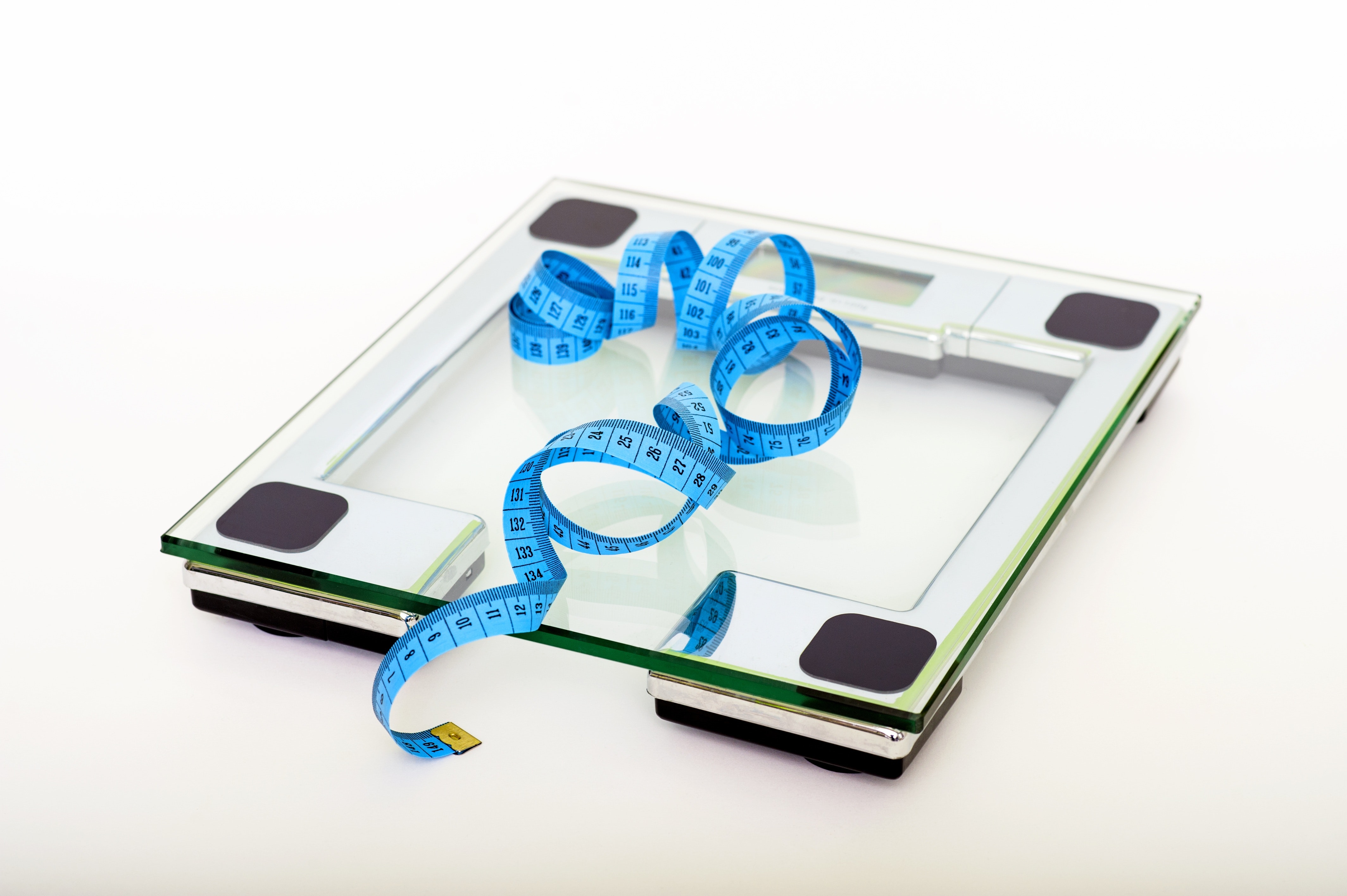If you have Crohn’s or ulcerative colitis, you’ve probably taken prednisone at some point. Prednisone, sometimes referred to as the “devil’s tic-tacs” in the chronic illness community, has some fairly intense side effects including weight gain.
But why exactly does it cause weight gain? And what can you do to prevent gaining weight? Keep reading for some practical tips!
Dealing with Prednisone Weight Gain
I’ve been on prednisone multiple times throughout my ulcerative colitis journey. About every time, I get some pretty gnarly side effects including greasy hair, acne, and weight gain.
I normally pack on about twenty pounds when I’m taking prednisone. I’m an ectomorph, meaning that I have a fast metabolism, so I’m naturally thin. If a stranger were to look at me, they’d likely think that my prednisone weight was my normal, natural, healthy weight.
To me, this weight gain was far from invisible.
I saw it every time I looked in the mirror.
I felt it every time I had to change outfits because my pants would no longer button.
I felt it every time I ate a large meal (which were many because hunger cravings are another side effect!)
I’d consider myself to be a confident person, but when I was on prednisone, all of that confidence vanished. I mean, I looked like a real-life bobblehead!
On another level, prednisone is also known to cause mood swings. So my heightened senses made me feel even worse about my weight gain.
Why Does Prednisone Cause Weight Gain?
So, why does prednisone cause weight gain in the first place?
It alters the body’s metabolism, as well as its balance of electrolytes and water. This results in three things:
1. Creates water retention
Water retention leads to that weight gain. It’s also bad news bears because water retains sodium, which just contributes to the prednisone-cause belly pouch and chipmunk cheeks!
2. Alters where your body stores fat
Yup, it redistributes your fat. For me—and a lot of others—a good majority of it goes into your face and neck. It’s so common that this side effect is called “moon is diface.”
3. Increases your appetite
So in addition to everything else, you’re constantly starving and eating large meals. When I wasn’t doing this, I was snacking.
Three Tips to Lose Weight (or Maintain Your Weight) on Prednisone
Everybody is different, and if you can’t lose weight on prednisone, perhaps your medical team can help you find ways to at least stop adding prednisone pounds.
Here are three ways to do this. Just remember, talk with your medical team first!
- Limit that sodium! No late-night binge-eating chips or pretzels!
- As contrary as it may seem, don’t stop drinking water! It’s important you drink plenty because it can actually help lose water weight.
- Figure out an exercise regimen! When I’m well and not on prednisone, I prefer strength training over cardio. But while I was on prednisone, I changed that.
Also! I have a previous blog post about solutions to the other side effects I faced like acne, greasy hair, muscle tenderness, and smart ways to deal with hunger cravings!
An Invisible Disease
The point is: almost every medication will have side effects. It’s up to you to get creative, do some research, and think outside the box to come up with solutions that will help with your unique situation.
IBD is much more than an intestinal disease. It’s an invisible illness with sneaky, stealthy side effects and symptoms that strangers wouldn’t notice unless we decide to share them.
But I choose to share my story because
AWARENESS > FUNDING > RESEARCH > CURES
